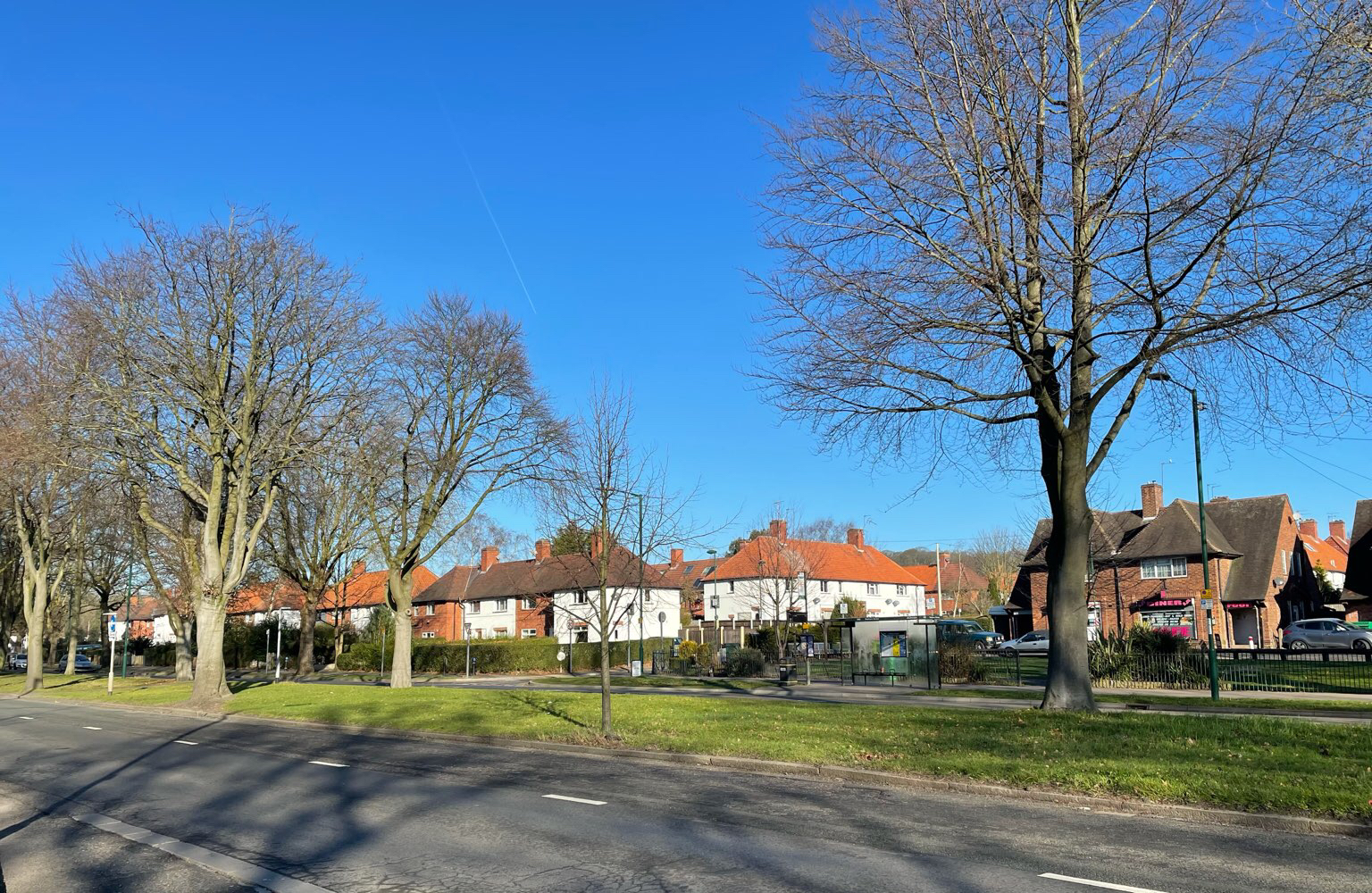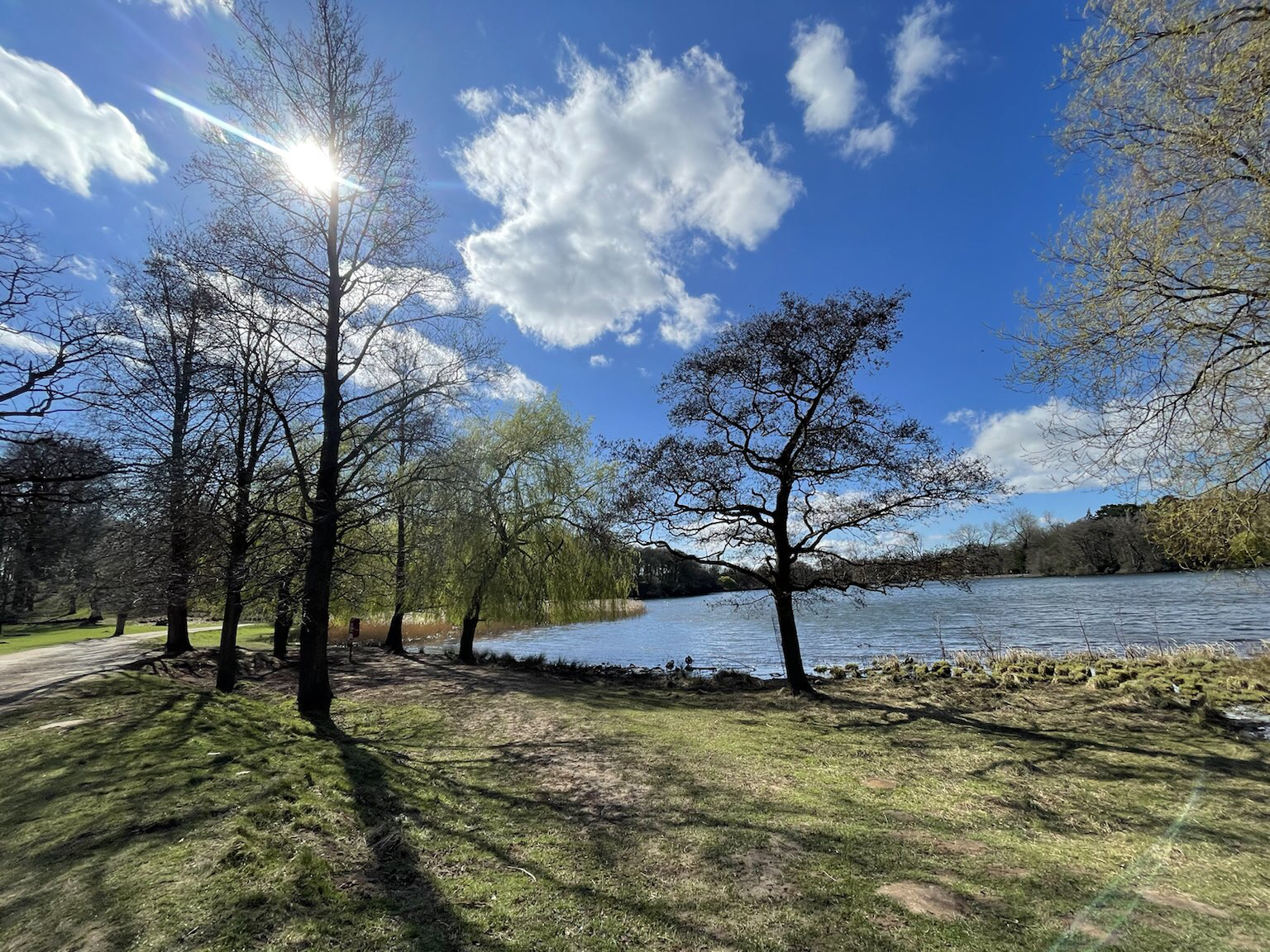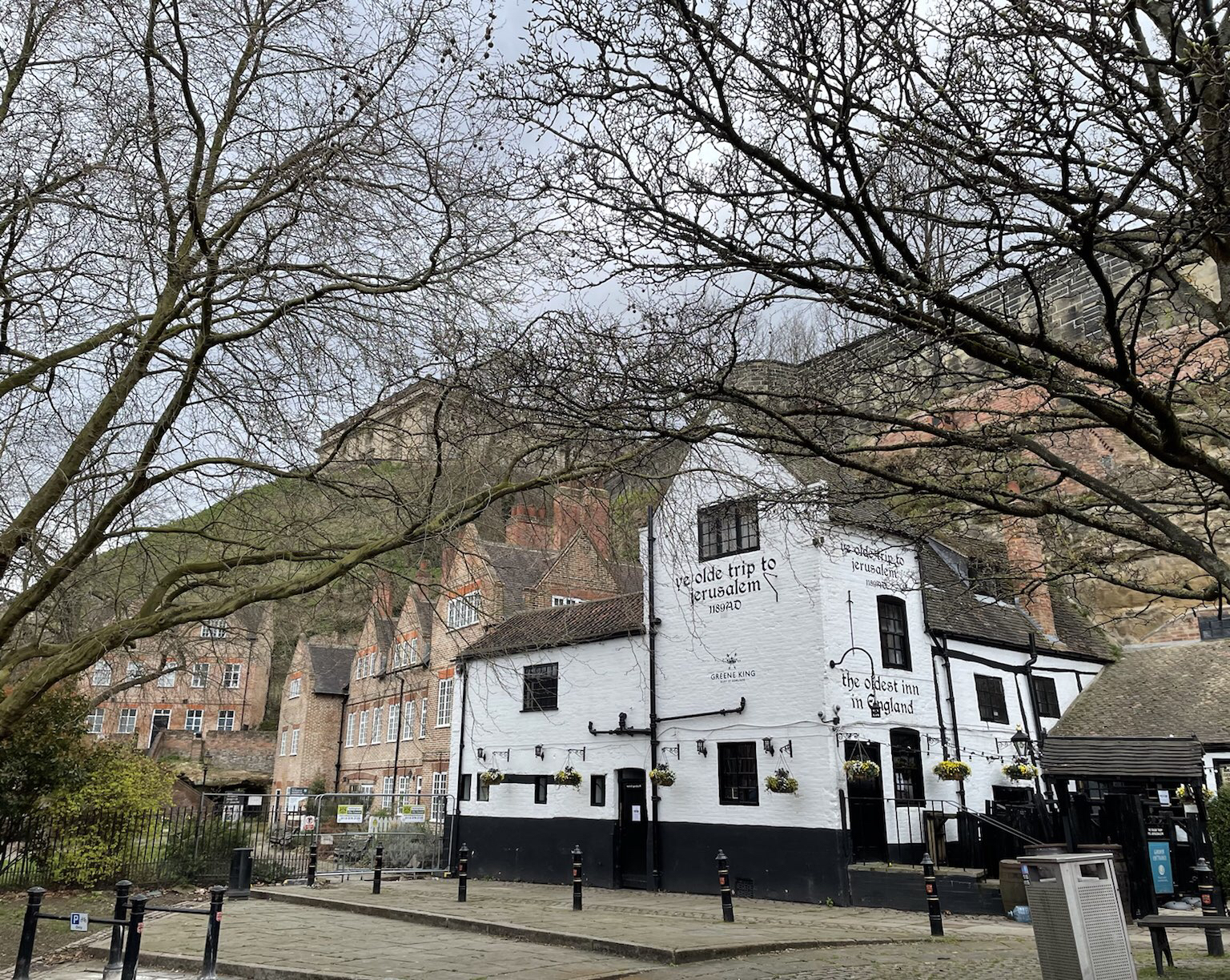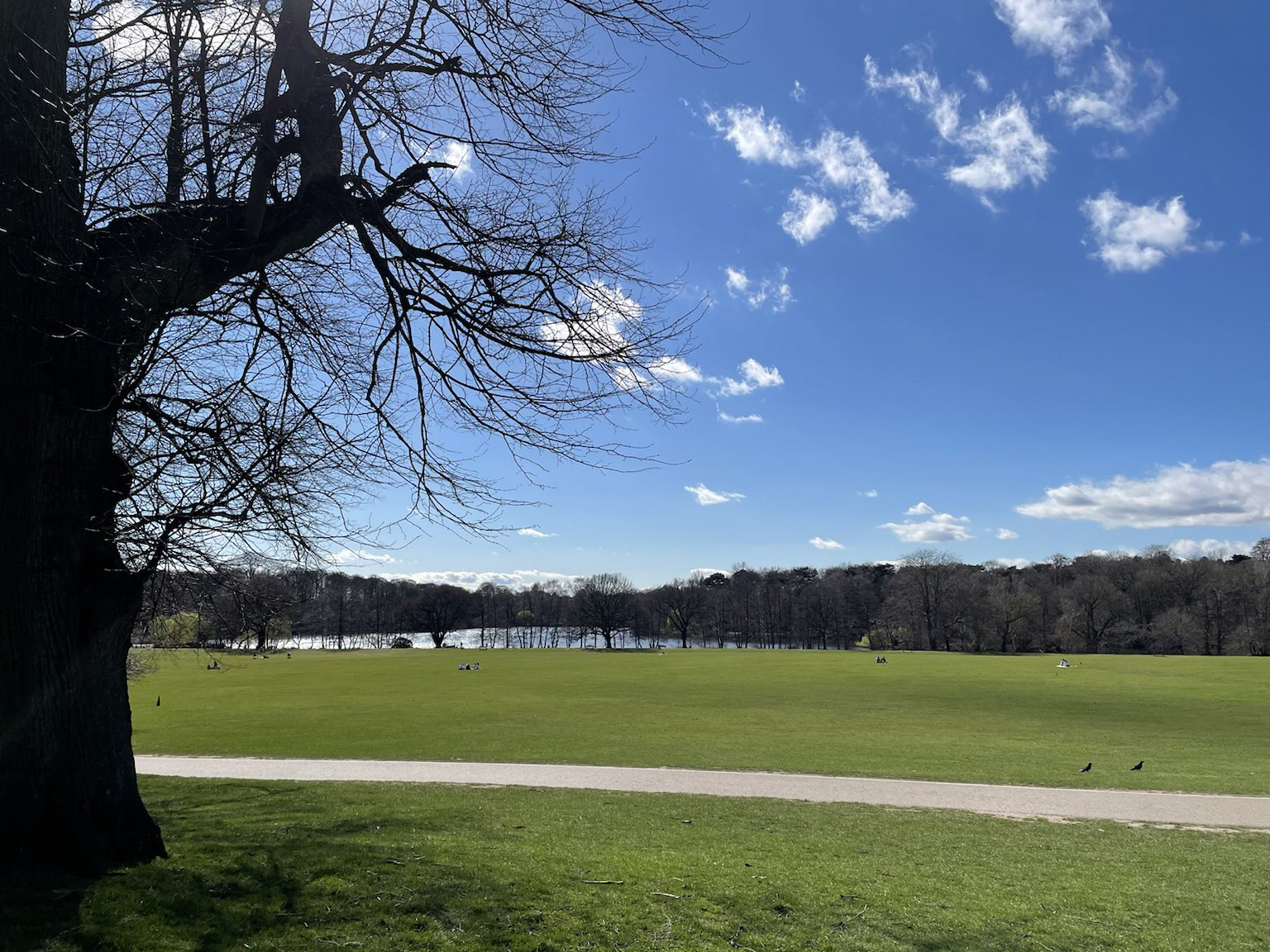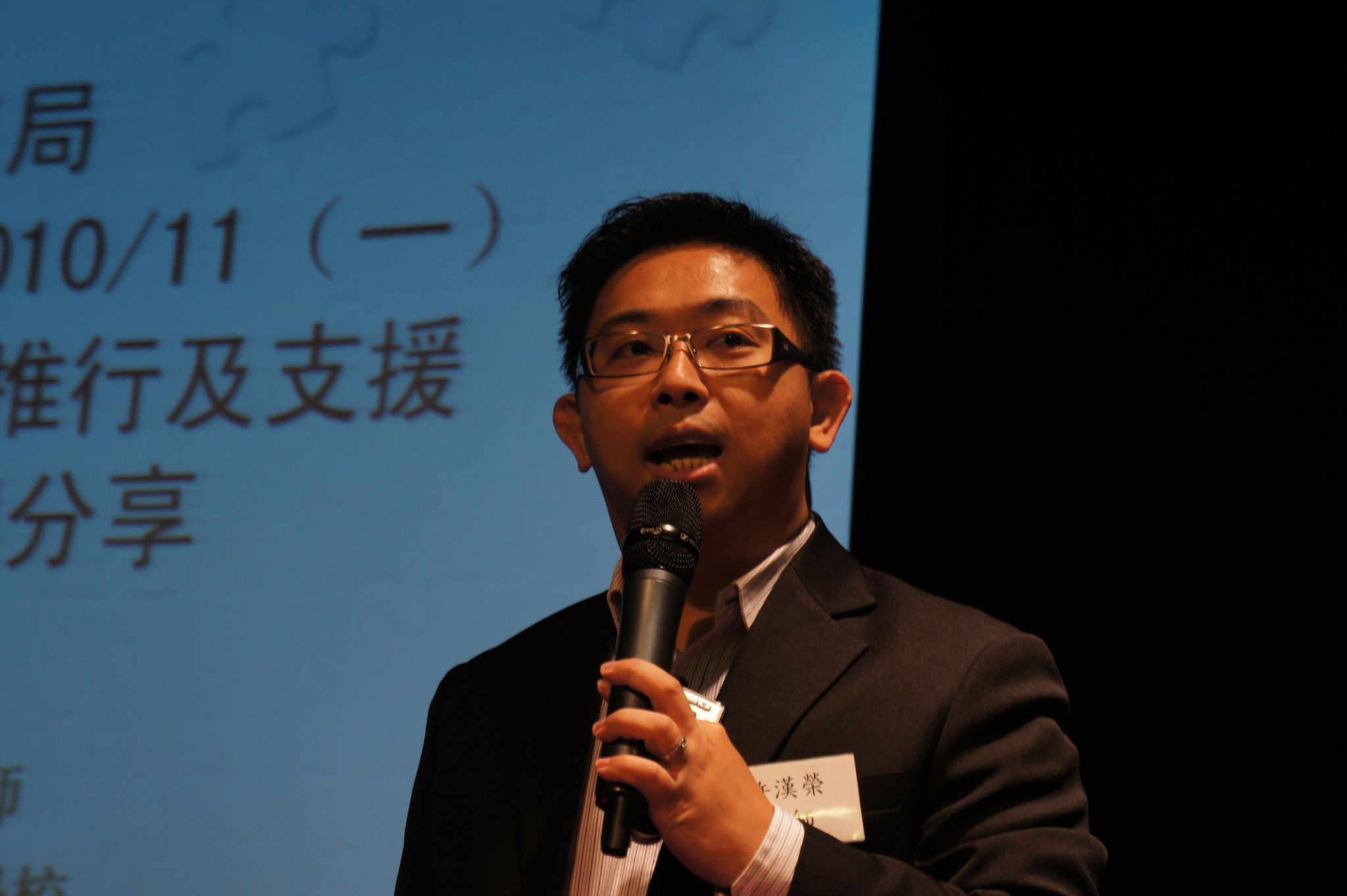While Hongkongers are leaving the city, Angus Liu is planning to return home this year with the aim to contribute his skills to the local education system.
While some people plan to leave, there are those who want to return to their homes in Hong Kong. Angus Liu has been teaching mathematics at United World College - Robert Bosch College in Germany since 2015. He believes that being creative in teaching under the restriction would protect teachers from being grounded by the law.
“In the classroom, it might depend on the culture of the school on how much we could push or say things without actually saying it. Maybe we have to invent creative codes to communicate things so that people understand what we’re coming from, also that will give us the protection that we need,” Mr Liu said.
In 2009, Mr Liu left Hong Kong for education and completed his undergraduate degree in London. His parents now live in London. But he is planning to come back because he considers Hong Kong his home.
“ I am excited to contribute back to the local education system where I grew up. I thought that would be a good reason to go back,” Mr Liu said. “I think it’s time to go back and find out what home is like and to really get a sense of what it really means to be somebody who comes from the city, ” he added.
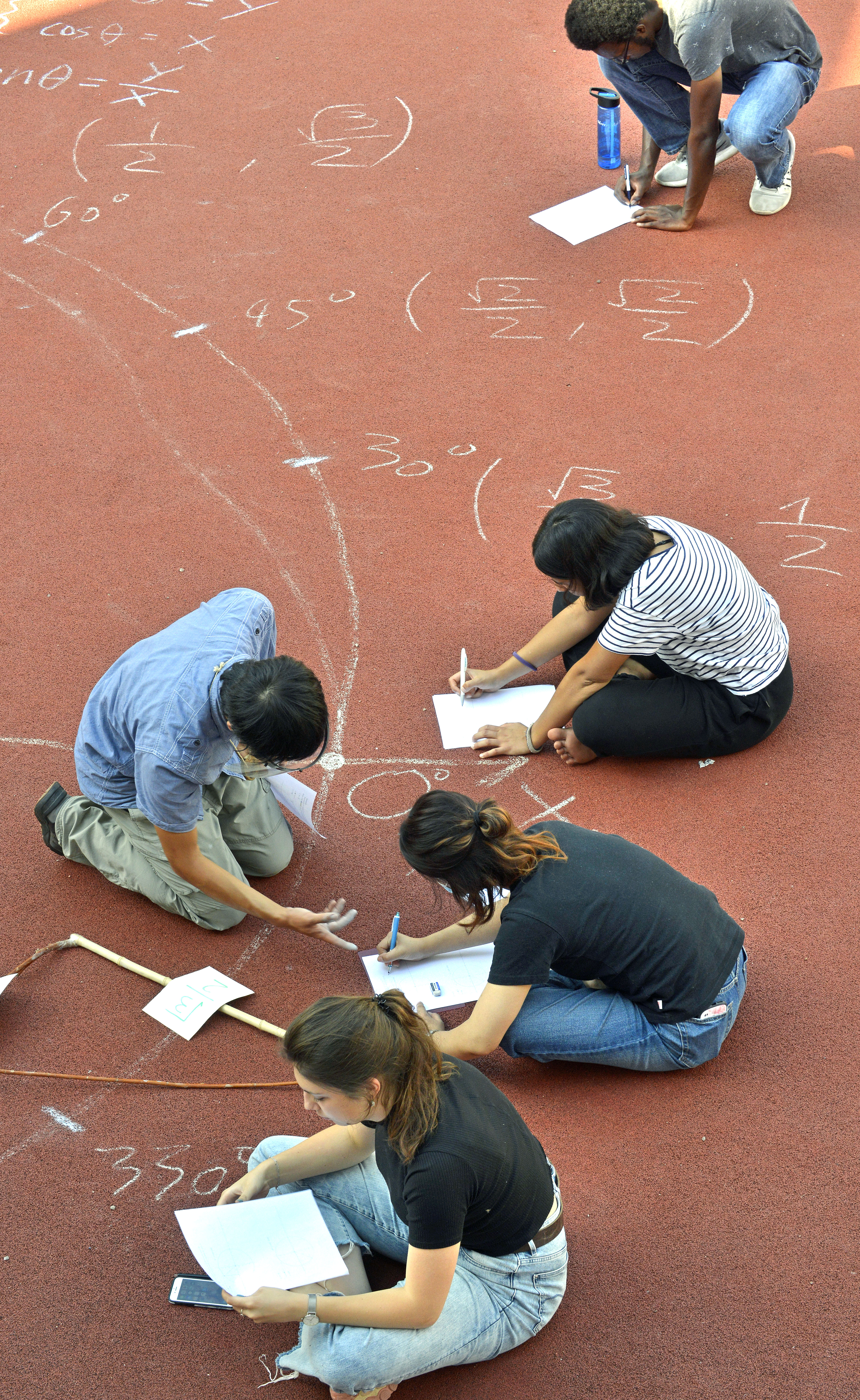
Angus Liu teaching students at United World College in Germany Photo: Michael Bamberger
But Mr Hui thinks that within this restriction, under the national security law teachers won’t have choices.
“The new law endangers our professions because if you have negative comments on the ruling party especially communist party, they will say you have the intention to overthrow the country because “Love the country” and “Love the party” is the same thing. So it is very dangerous in Hong Kong especially for the teachers. I don’t think they will have many choices when the Education Bureau issues some instructions or even some teaching materials to teachers in Hong Kong.” Mr Hui said.
To leave or Not to Leave
The Hong Kong net migration had dropped from 30 in 2019 to -39 in 2020, according to the Census and Statistics Department Hong Kong Special Administrative Region. This indicates that the number of people emigrating is higher than the number of immigrating. There is no official statistic on how many people are leaving the city.
Hong Kong Net Migration
There are changes in Hong Kong net migration over the past 30 years - the first changes in 1998 after the handover, second changes 2008 when there is Severe Acute Respiratory Syndrome outbreak, third changes in 2015 after the Umbrella movement, and finally in 2020 after 2019 the anit-extradition bill protest.
Amid the emigration trend, Ms Cheung, a primary teacher, chose not to leave Hong Kong. She said that she might not be able to pursue a teaching career as an English teacher when moving to another country.
Though she was concerned about the current political situation in Hong Kong, she thinks that being cautious on what to say might keep her safe from being targeted by the authorities.
“As long as I am cautious about what I say and I don’t speak a lot of political stuff in front of my students and put everything back into the books, that would be okay” Ms Cheung said.
Even if there is a chance for her to resettle to other countries she would choose to stay in Hong Kong because she has a stable job and she is a family oriented person.
“ If my parents are still staying in Hong Kong, I would most likely stay in Hong Kong. There is a lot of work to do to maintain a relationship with your parents when you are at a different place.” said Ms Cheung.
In addition to the United Kingdom, Hongkongers’ other preferred destinations are Canada and Australia, both of which eased visa restrictions in the wake of security law, according to immigratin agents and relocation firms. Canada’s immigration authorities said visa applications from Hongkongers jumped more than 10% last year to 8,640. More than 2,500 Hong Kong passport holders in Australia have had their visa extended after Canberra unveiled new rules providing a path to Australian citizenship for people from Hong Kong in July.
What if I stay?
Last November, 15 Hong Kong lawmakers in the democratic camp resigned from the Legislative Council to protest against Beijing’s disqualification of four members. They were barred from running in September’s LegCo election, which has been postponed for a year. Chief Executive Carrie Lam cited the public health risk as the reason.
This year, February 28, 53 opposition activists were charged with subversion -- holding unofficial primary election last July to select the best candidate to win a majority in the legislature but they were accused of trying to paralyse the government. They include prominent opposition lawmakers, district councilors and activists.
As of March 2021, around 10,320 were arrested for protest related offences and 2,573 were prosecuted since 2019. Under National Security Law, displaying flags or banners, chanting slogans and conducting oneself with an intent such as subversion and succession may constitute offence.
Mr Liu thinks that life in Hong Kong might be different when he returns from Germany. People might not be able to say as much as they want and be more wary of the police and their presence when they talk about sensitive issues.
“We might have to be careful where and how loud we talk and what kind of setting. I guess you probably have to be more careful and know your rights and know your law a bit more. Maybe you will have more hidden conversations about politics where it is unlike before,” said Mr Liu.
He added that he loves teaching and he would find a way to express his opinions in a way that won’t lead him to trouble by getting caught. But if there is something that he could not avoid and that will get him into trouble, he won’t be scared and face the consequences.
“In a home, there could be things that you could do when you are not bound by what you have to do as obligations in the classroom, there are things that we could be creative and think about where I think this is the way I want to raise my children even in terrible times. We have to teach what we believe is right and wrong.” said Mr Liu.
He also said that he can sing the national anthem, but not sing it in the admiration of communist rule. He will sing it in a respect for the work that the people have been trying to build in China and those who are trying to reform China. I can sing it in respect for Chinese culture and the current nation model.
Ms Cheung thinks that everything would be more restrictive than now but this would not affect her since she was not very politically involved in the society.
“I will just do my job and I will just go back to my family, nothing much would affect me,” Ms Cheung said.
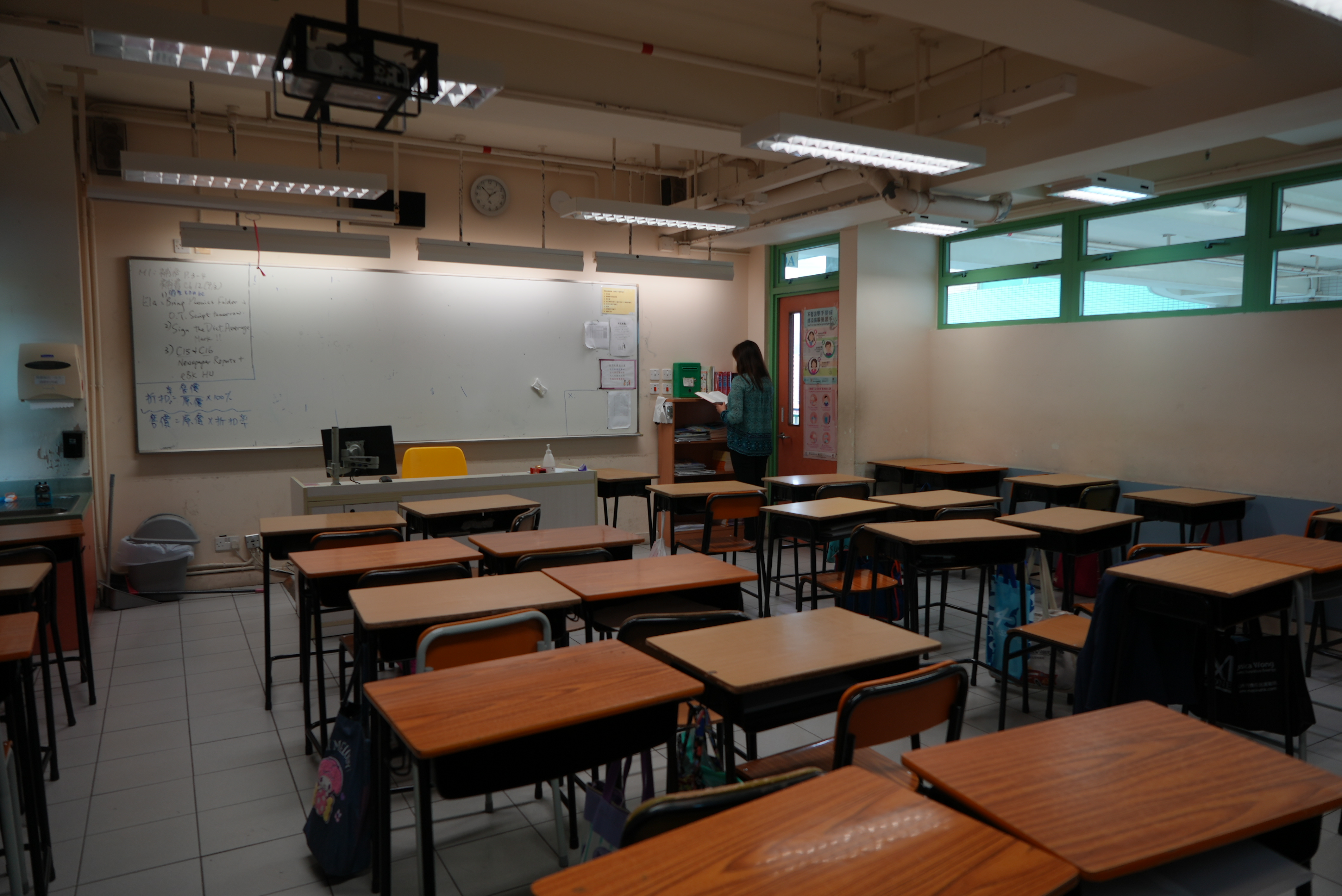
Ms Cheung, a primary teacher thinks that life in the city will be more restricted, but this will not affect her as she plans to focus on teaching only. Ms Cheung asked not to disclose her identity. Photo: MS
The anti-extriditional bill protest in 2019 has affected Ms Cheung’s teaching approach and enabled her to reflect on how to teach the students when the students raised questions about the movement and who is right and wrong.
“Because of the national security law, I think the freedom will be limited. You can fight for your freedom at the same time you have to face pressure from the university senior management. Although some professors or teachers will support students, they may face negative consequences. Maybe they will lose their post or they will lose research funding. I don’t know but it is quite possible.” Mr Hui said.
In April, 2021, the Hong Kong government proposed the new legislation for electoral change which highlighted the new criminal offence related to publicly urging voters to boycott polls or calling for blank and invalid ballots. This includes giving speeches, broadcasting, screening or playing recording, email and leaflets. Those found guilty can face up to three years in jail. The move came after Beijing-decree overhaul of the city electoral system.
Following the proposal, the legislation, the Improving Electoral System (Consolidated Amendments) was gazetted on April 13, 2021. The bill comprises six key areas of amendments including the introduction of an oath-taking requirement, method for selecting the Chief Executive, and updating composition and formation of LegCo. The eligibility of becoming candidates in the chief executive election, Election Committee Subsector elections and LegCo elections was updated, as well as the establishing Candidate Eligibility Review Committee.
Hong Kong ranked 87th in the world democracy index, a drop to 12 places according to the Economists Intelligence Unit’s annual democracy unit in 2020. It was downgraded from “flawed democracy” to “hybrid regime”. The report stated that “Crackdown by the authorities on dissent” was the factor of downgraded.
Democracy Index Score
A New Life
Ms Wong, who asked to be known only by her surname, moved to Nottingham in the UK with her husband and 12-year-old son on their BNO passports about four months ago. She didn’t want her son to live in a society where freedom of press is restricted because this will affect his growth and mental health.
A new life in the UK for Ms Wong has not been normal because all non-essential travel is banned and most gathering places are closed because of the pandemic. Her family can only go to the supermarket once a week.
She cannot not interact with the community in Nottingham but online group chat on Telegram and Signal have allowed her to get to know her neighbours and access up-to-date information about the UK.
“ I hope that in the near future, everything is going back to normal and we can have a normal life,” Ms Wong said.
Nottingham, a city where Ms Wong and her family relocated
There have been at least 4,416, 623 confirmed cases of coronavirus in the United Kingdom as of May 1, according to Public Health England. On January 4, Prime Minister Boris Johnson announced the third national lockdown in England. From March 8, schools can return to face-to-face and outdoor recreation is allowed for the public.
Ms Wong didn’t plan to look for a job at the moment and prefers to look after family’s members. Her husband worked at a sportswear manufacturer for a year. Her son who studies at King’s Hospital school in Iceland will return to school in March after the government easing the restrictions.
Unlike Hong Kong, the weather in Nottingham has been one of the challenges for Ms Wong’s family. She said right now it is not that freezing compared to when they first arrived in mid January and they are now able to adapt to the low temperatures atmosphere.
Some photos of Ms Wong's neighbours in Nottingham city. Phtos: Ms Wong
She said that transportation is not convenient compared to Hong Kong where she can easily use public transport to go to different places. In Hong Kong, shopping malls are located near her house and she can easily go shopping whenever she needs to, but in the UK, it is difficult if people do not have a car.
Hong Kong has one of the highest public transport usership in the world. Its public transport was ranked fourth for its convenience and rank the top for its safety in the world according to consultancy firm McKinsey & Company.
Ms Wong hasn’t encountered any difficulties related to culture difference or language barriers. She said people seem to be friendly and she hopes that such relationships will last in the future.
People leaving Hong Kong for an external factors
The chart indicates Hongkongers leaving the city because of external factors where they rate other countries as a more democratic country compared to the city. The percentage has gradually increased from 2018 to 2020.
Before Hong Kong’s return to Chinese sovereignty in 1997, an estimated 250,000 to 1 million Hong Konger left the city between 1988 and 1994.
“This emigration would have a negative impact on the economy because those who leave the city will take their property, investment and assets. It would have an impact on Hong Kong society,” said Prof. Yuen.
She said that human resources are very precious for the development of Hong Kong. The emigration will have some substantial impact on social development, since they are professionals, middle class and they have ability and capability to contribute to society. So this obviously will have a substantial impact on social development.
Ms Wong didn’t plan to return to Hong Kong within these few years. She would first have to ensure that her BNO’s visa was approved and her family was fully settled down in the UK. For the long term, her family would only visit friends and relatives in Hong Kong but not for permanent stay.
